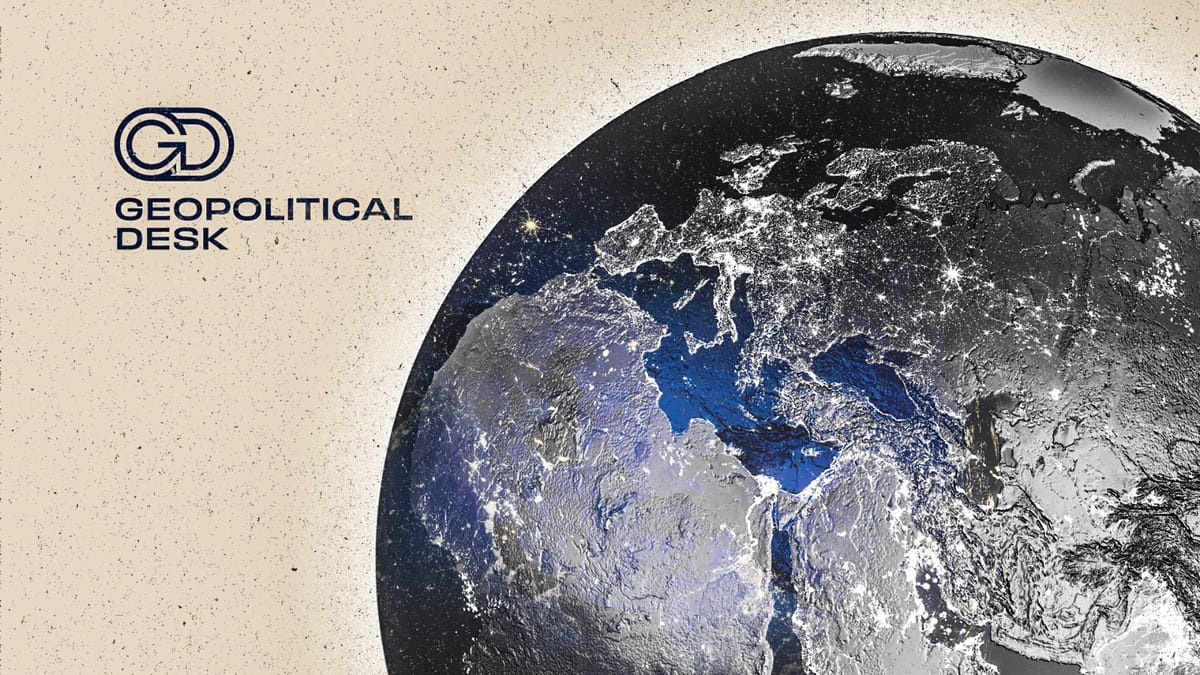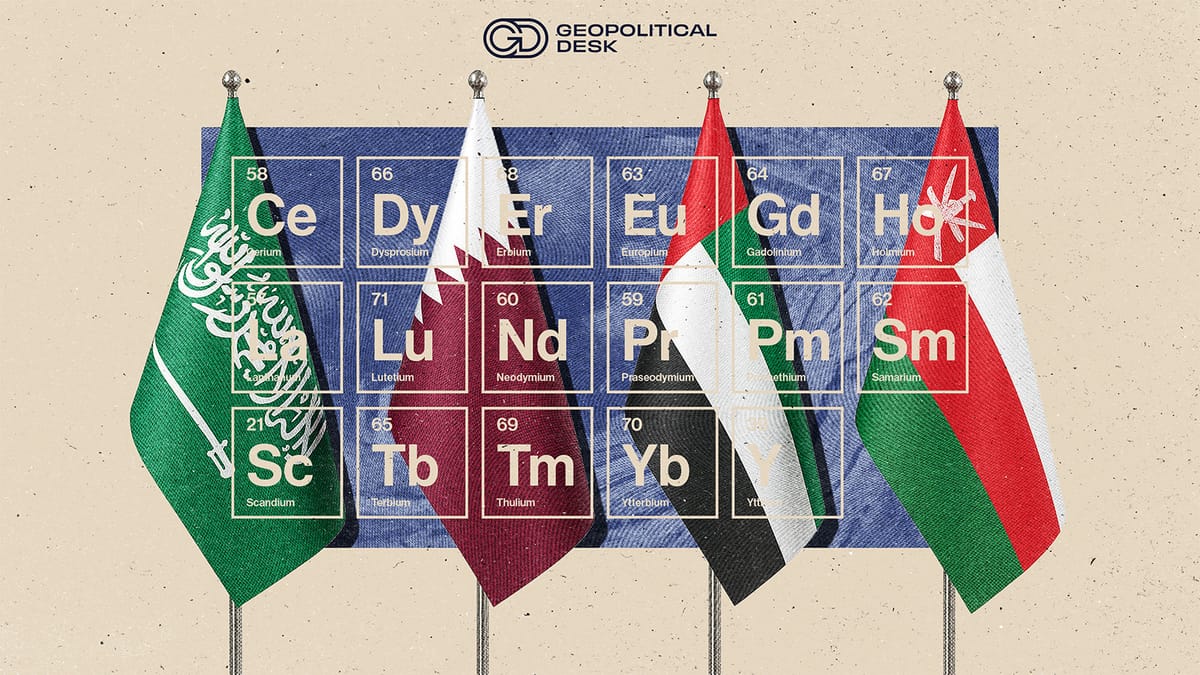This week, we’ve been hyperfocused on the energy sector.
Our team was in London and flew to Moscow to attend two major conferences, where we connected with oil majors, government officials, investors and operators from across the world to take the industry’s temperature.
What emerged is a clear message: the world’s producers are navigating a far more fragmented, politicised market than at any point in the last decade(s).
Despite talk of “peak demand,” producers from the Gulf to Eurasia rejected the idea that fossil fuels are entering terminal decline, pointing instead to underinvestment, politicisation, and fragmented energy governance as the real risks ahead.
Now let's get into it.
— Oliver, Co-Founder of GPD
If this email was forwarded to you, welcome! Be sure to sign up for free here to get our updates directly in your inbox.
And as always, tell us what you think and give us a follow on Instagram, LinkedIn and X to stay plugged in.
🔎 What we're looking at this week
- Ukraine–Russia: Is Ukraine Trump’s next focus point? Zelensky heads to DC, while Orban pushes for a Trump–Putin meeting.
- Gaza: Will the ceasefire open the doors to another Lebanon-style frozen conflict?
- Pakistan–Afghanistan: Islamabad’s bets on the Taliban backfire as cross-border tensions escalate.
- US–China: Rare earths rivalry heats up, with Washington pivoting from “peace for peace’s sake” to resource-based pragmatism.
- Russia Energy Summit: Producers push back on U.S. politicisation of energy as “peak demand” theories falter
🇺🇦 Trump meets Zelensky ahead of a potential meeting with Putin
What happened: Zelensky was in Washington this Friday amid speculation that Trump’s renewed focus on Ukraine will be short-lived before shifting responsibility back to Europe. Hungary’s Viktor Orban has been quietly lobbying for a Trump–Putin meeting in the coming weeks, a move framed as “opening channels,” but seen in Brussels as undermining NATO unity.
Why it matters: Trump’s signals are contradictory: he has increased rhetorical pressure on Moscow while suggesting Europe must “take charge” of its own security. The U.S. strategy seems less about resolution and more about narrative, showing Americans and allies he “tried everything.”
What this means: If the meeting happens, it could mark the start of a de facto diplomatic decoupling, where Washington keeps symbolic engagement while shifting practical responsibility to Europe.
🇵🇸 Gaza ceasefire holds, barely
What happened: The Trump-brokered ceasefire between Israel and Hamas remains in effect, though violations on both sides continue. Trump has initially excused Hamas’ breaches, citing their lack of excavation tools and ongoing “anti-gang” operations, but these developments prepare the ground for a renewed Israeli offensive.
Why it matters: The truce is showing signs of the Lebanon model: chronic Israeli overflights and small-scale violations that become background noise rather than news. For Trump, maintaining even a brittle calm sustains his peace-broker image without committing further resources.
What this means: The ceasefire could evolve into a managed stalemate, where violence simmers but no party risks escalation. The region’s stability will depend on how long the U.S. sustains diplomatic attention before shifting elsewhere.
Go deeper

🇵🇰 Pakistan strikes inside Afghanistan as Taliban ties sour
What happened: Pakistan launched air and drone strikes deep into Afghan territory this week, targeting Tehrik-e-Taliban Pakistan (TTP) cells after a wave of cross-border attacks. Islamabad’s strategy of co-opting the Taliban has unravelled, with Kabul unable to curb militant activity.
Why it matters: The strikes mark a significant escalation and underscore how Islamabad’s Taliban bet (once seen as a hedge against instability) has backfired. The TTP’s resurgence threatens Pakistan’s internal security and regional investment climate.
What this means: While a ceasefire was struck by Qatar and Turkey, underlying tensions between Islamabad and Kabul will lead to renewed clashes in the future, with Gulf mediators only able to put out fires instead of finding a sustainable solution.
Stay tuned: Our upcoming piece will look into Pakistan-Taliban's souring relations.
🌍 US–China rare earths rivalry intensifies
What happened: Washington is preparing the ground for heavy presence in Congo’s mineral sector, seeking to diversify rare earth supplies away from China. This follows a broader shift in U.S. foreign policy, from peace-building as an end in itself to peace-making as a tool for securing strategic access to resources.
Why it matters: The rivalry now extends beyond trade or semiconductors; it’s about control of the inputs for the next industrial revolution. U.S. re-engagement in Africa also signals a pivot from crisis diplomacy to competitive resource diplomacy.
What this means: Washington is likely to deepen cooperation with Gulf and African partners on extraction and logistics. Beijing will likely see such moves as encirclement.
Go deeper




